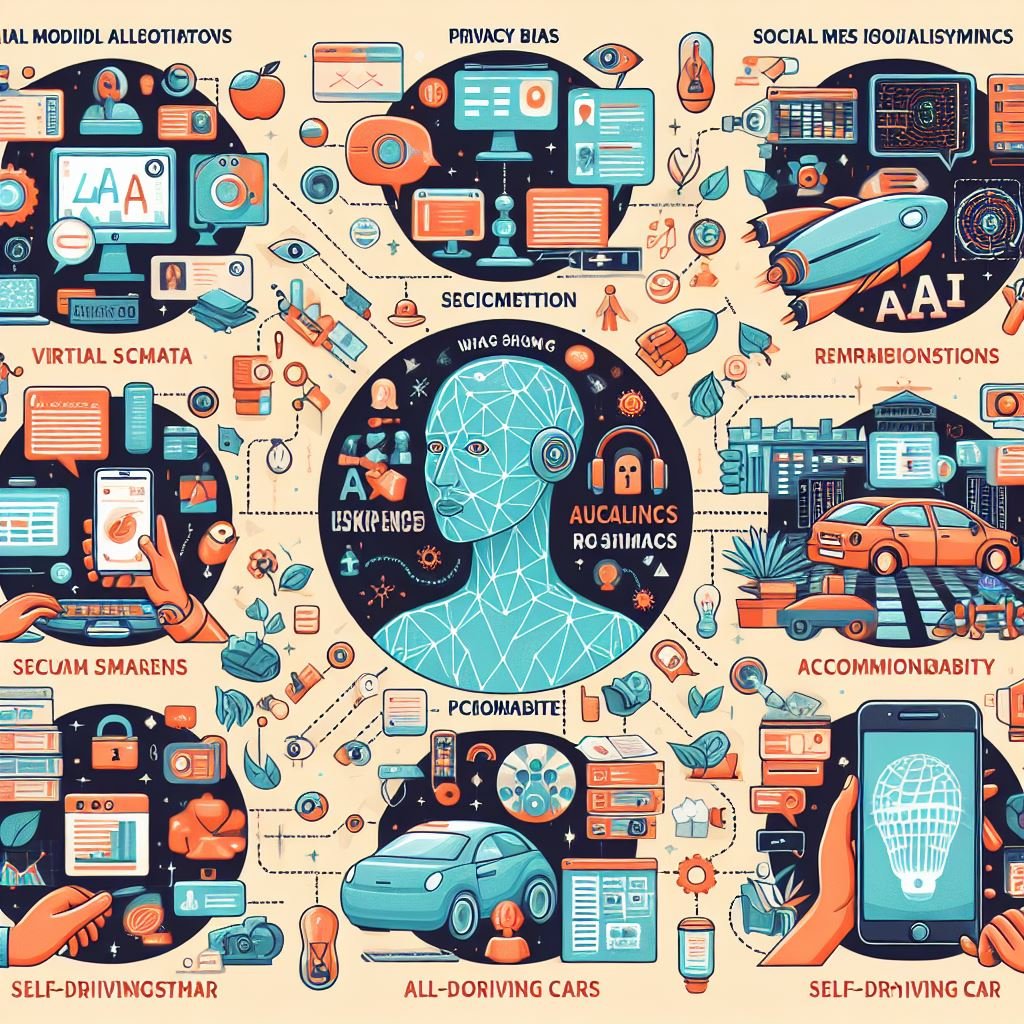Introduction
In the rapidly evolving realm of technology, the ethical considerations surrounding Artificial Intelligence (AI) have become paramount. This guide delves into the multifaceted aspects of AI ethics, shedding light on its significance in contemporary society.
Defining AI Ethics
Understanding the fundamentals is crucial. AI Ethics refers to the ethical principles that govern the development, deployment, and use of artificial intelligence technologies. Balancing innovation with responsibility is at the heart of this concept.
Ethical Dilemmas in AI Development
Exploring the nuanced challenges that developers face, from bias in algorithms to the potential misuse of AI. Striking a balance between innovation and accountability is essential for fostering trust.
The Human Element
Examining the role of human oversight in AI systems. Despite advancements, ethical decision-making requires human judgment. Integrating AI into our lives demands a careful blend of technology and human values.
Regulatory Landscape
Surveying the global efforts to regulate AI. From Europe’s GDPR to emerging frameworks, understanding the legal landscape is crucial for ensuring responsible AI development and deployment.
Industry Perspectives on AI Ethics
Unpacking how diverse industries approach AI ethic. Companies are increasingly recognizing the need for ethical guidelines to navigate the evolving AI landscape responsibly.
AI Ethics in Everyday Life
Illustrating how AI ethics impact daily life, from privacy concerns to the ethical implications of in healthcare, education, and other sectors.
Navigating Bias in AI
Addressing the pervasive issue of bias in AI algorithms. Recognizing and mitigating bias is vital for ensuring fair and equitable AI applications.
The Future of AI Ethics
l Anticipating the ethical challenges on the horizon. As AI continues to advance, staying ahead of ethical considerations will be critical for shaping a responsible and sustainable future.
AI Uses and Ethical Considerations
| AI Application | Ethical Considerations |
|---|---|
| Autonomous Vehicles | Safety, decision-making responsibility |
| Healthcare Diagnostics | Privacy, accuracy, and patient consent |
| Social Media Algorithms | Bias, misinformation, and impact on public discourse |
| Employment Screening | Fairness, avoiding discriminatory practices |
| Predictive Policing | Bias, privacy concerns, potential |
Conclusion
In conclusion, navigating the landscape of AI ethics is an ongoing and intricate journey that requires collaboration, vigilance, and a commitment to upholding fundamental values. As artificial intelligence continues to advance, the ethical considerations surrounding its development and deployment become increasingly complex. Stakeholders from various domains, including policymakers, technologists, ethicists, and the broader public, must actively engage in constructive dialogue to establish robust frameworks that address the ethical challenges posed by AI.




